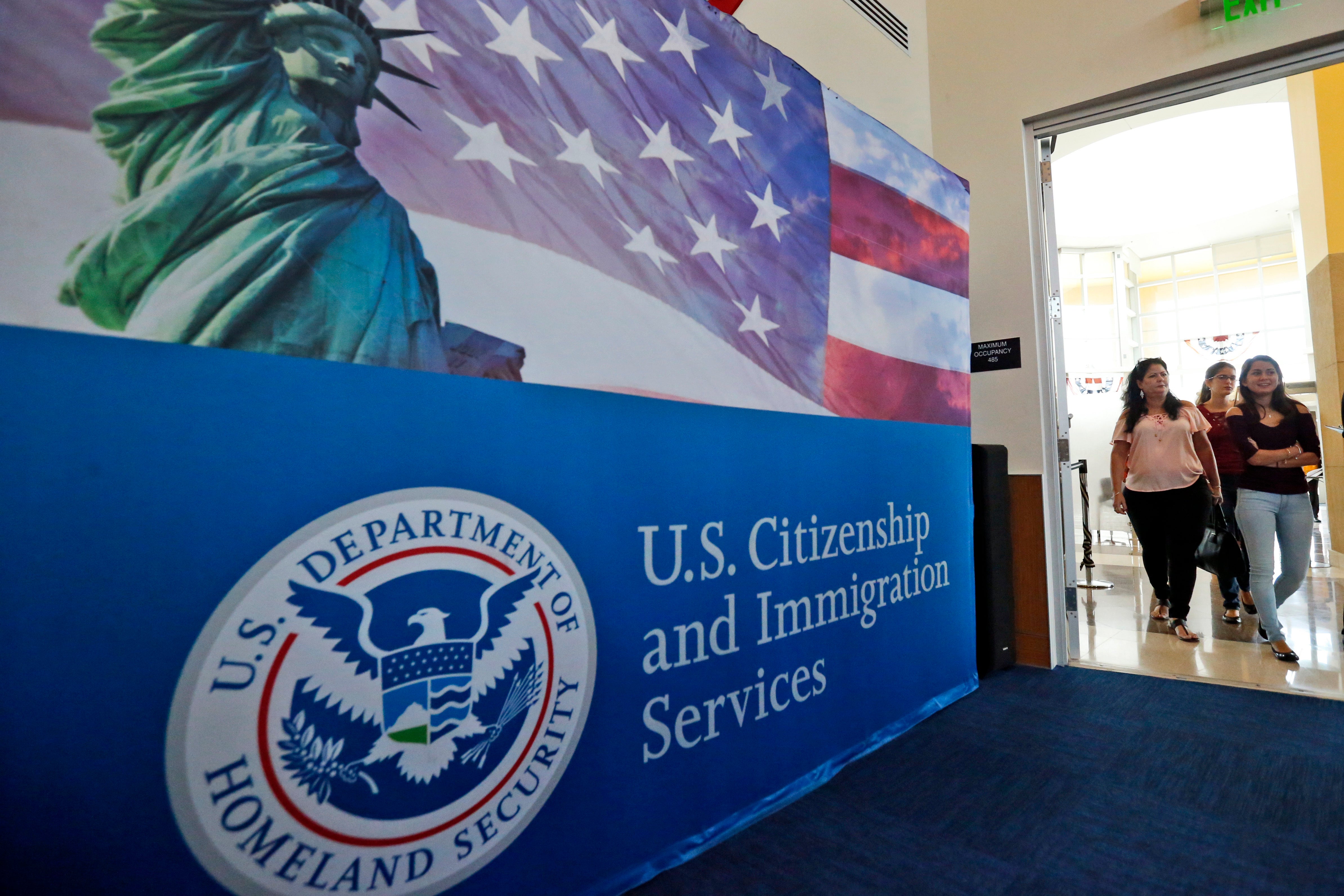US agency raises 'serious concerns' about tech visa lottery
U.S. authorities say the number of applications for visas used in the technology industry soared for a second straight year, raising “serious concerns” that some people are manipulating the system to gain an unfair advantage

The number of applications for visas used in the technology industry soared for a second straight year, raising “serious concerns” that some are manipulating the system to gain an unfair advantage, authorities said Friday.
There were 780,884 applications for H-1B visas in this year's computer-generated lottery, up 61% from 483,927 last year, U.S. Citizenship and Immigration Services said in a message to “stakeholders.” Last year's haul was up 57% from 308,613 applications the year before.
Each year, up to 85,000 people are selected for H-1B visas, a mainstay for technology giants such as Amazon.com Inc., Google parent Alphabet Inc., Facebook parent Meta Platforms Inc. and International Business Machines Corp.
Last year, the government began requiring workers who won the lottery to sign affidavits stating they didn't try to game the system by working with others to file multiple bids under different company names, even if there was no underlying employment offer. By winning at least once, these companies could market their services to technology companies that wanted to fill positions but didn't have visas, effectively becoming labor contractors.
“The large number of eligible registrations for beneficiaries with multiple eligible registrations — much larger than in previous years — has raised serious concerns that some may have tried to gain an unfair advantage by working together to submit multiple registrations on behalf of the same beneficiary. This may have unfairly increased their chances of selection,” the agency wrote.
The agency said it has “undertaken extensive fraud investigations” based on lottery submissions from the last two years, denied some petitions and is “in the process” of referring some cases to federal prosecutors for possible crimes.
The number of registrations tied to people who applied more than once rose to 408,891 this year from 165,180 last year and 90,143 the year before.
"We remain committed to deterring and preventing abuse of the registration process, and to ensuring only those who follow the law are eligible to file an H-1B cap petition," the agency said.
H-1B visas, which are used by software engineers and others in the tech industry, have been a lightning rod in the immigration debate, with critics saying they are used to undercut U.S. citizens and legal permanent residents. They are issued for three years and can be extended another three years.
Technology companies say H-1Bs are critical for hard-to-fill positions even as they have had to lay off workers in other areas. As the number of applications have soared in the last two years, major companies have seen winning lottery submissions dwindle.
Andrew Greenfield, a partner at the law firm Fragomen, which represents major technology companies, said the increase in applications is “bizarre” given widespread layoffs in the industry. His clients had a roughly 15% success rate on lottery entries this year, down from about 30% last year.
“It's devastating,” Greenfield said. “Our clients are legitimate employers that are just unable to source enough talent in the United States to fill all their hiring needs.”
Fraud, as outlined by U.S. authorities, may be driving up applications, with companies under different names but the same ownership submitting entries on behalf of the same person, Greenfield said, but there may be other reasons. Some applicants may convince different, independently-owned companies to sponsor them in the lottery, which is perfectly legal. Some companies may overestimate their labor demands when they enter the lottery in March.
The computer-generated lottery in March selected 110,791 winners for the 85,000 slots. Companies have until June 30 to confirm they plan to go ahead with hiring. If confirmations fall short of 85,000, the government may hold another lottery to fill remaining slots.
Bookmark popover
Removed from bookmarks